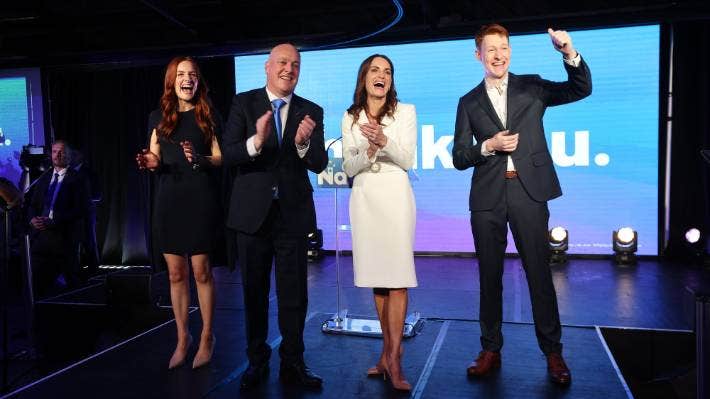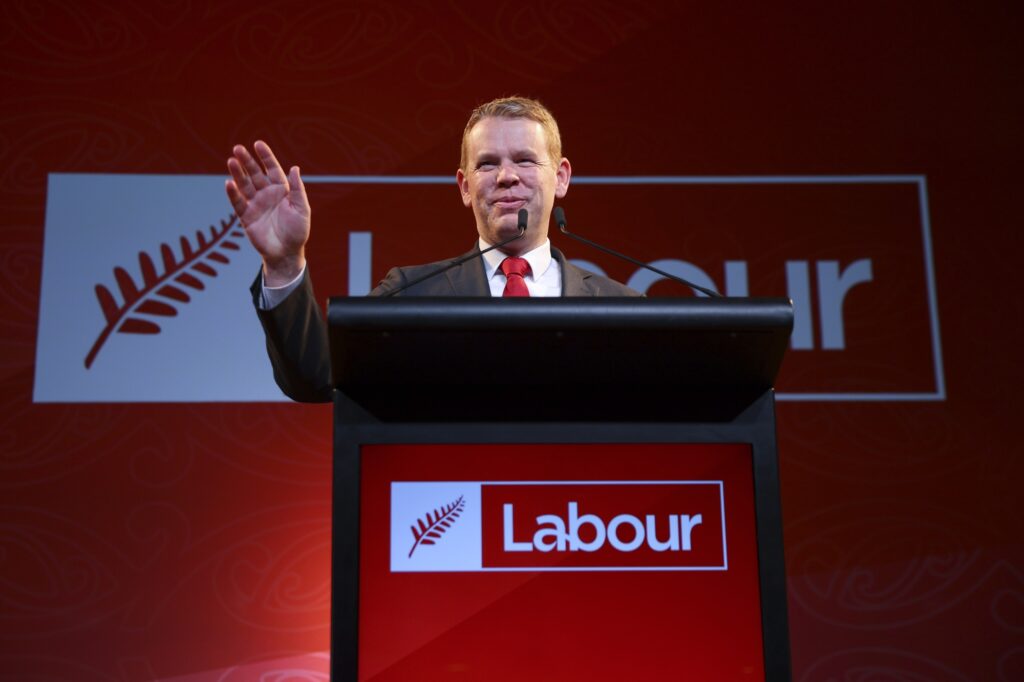2023 General Election – What happens now?
Election day may be over but Kiwi all over the world are still waiting to see what the final outcome of this year’s general election is. There are over half a million special votes still to be counted and this means some results could change. We take a look at the work that is currently underway ahead of the final announcement next week.
Scrutiny of the rolls
To begin the official count, the Electoral Commission conduct a process called “scrutinising the roll”. They compare every copy of the electorate roll in each electorate to identify voters who may have voted more than once. If they detect that a voter may have voted more than once an investigation is conducted. If someone votes more than once their voting papers are not included in the official count.
Processing and checking special votes including those cast offshore
Voters make a “special” vote when they’re not on the printed electoral roll at the voting place – for example if they’re voting outside their electorate, voting from overseas, are on the unpublished roll, or if they enrolled close to election day.
Before special votes are counted they are returned to the electorate they were cast for. The Commission then checks every special vote declaration to make sure the voter is enrolled and eligible to vote. Special votes are only added to the official count once these checks have been done.

Rechecking and recounting voting papers
During the official count, the Electoral Commission rechecks and recounts all of the voting papers that were counted on election day. As with the preliminary count, the official count is conducted by hand. They do not use vote counting machines. Because special votes are now included, and because any invalid votes have been removed from the count, the preliminary results and the official results are not directly comparable. Once the count is complete for each voting place during the official count, the totals are recorded on a certificate of results which is signed by the returning officer and a Justice of the Peace.
How many special votes were cast and when will the count be finished?
This year, there are a lot of special votes. In fact, there are 567,000 special votes (or about 20% of the total vote) The deadline for the Electoral Commission to count the special votes is Friday, November 3. So despite the result that shows National and Act can govern alone, it is highly unlikely that there’ll be any substantive coalition talks before then.
There’s an understanding across all parties that special votes tend to favour the left parties. Last election, Labour and Te Pāti Māori picked up an extra seat from National once special votes were counted. National’s campaign chair Chris Bishop said the party was expecting to see some slim National electorate seat wins returned to Labour after the special vote count, and was anticipating one less seat for the party overall. This time, National or Act losing a single seat would make the difference between being able to govern as a two-party coalition or needing to call Winston Peters to “lend a hand”.

Who is the current Government while the votes are being finalised?
Labour will remain at the steering wheel in a caretaker position until the final count is released on Nov 3rd. However while Labour will still be in charge, outgoing Prime Minister Chris Hipkins has said that should any large decisions need to be taken during this time, then he will defer to Luxon and the incoming government.

 MENU
MENU










